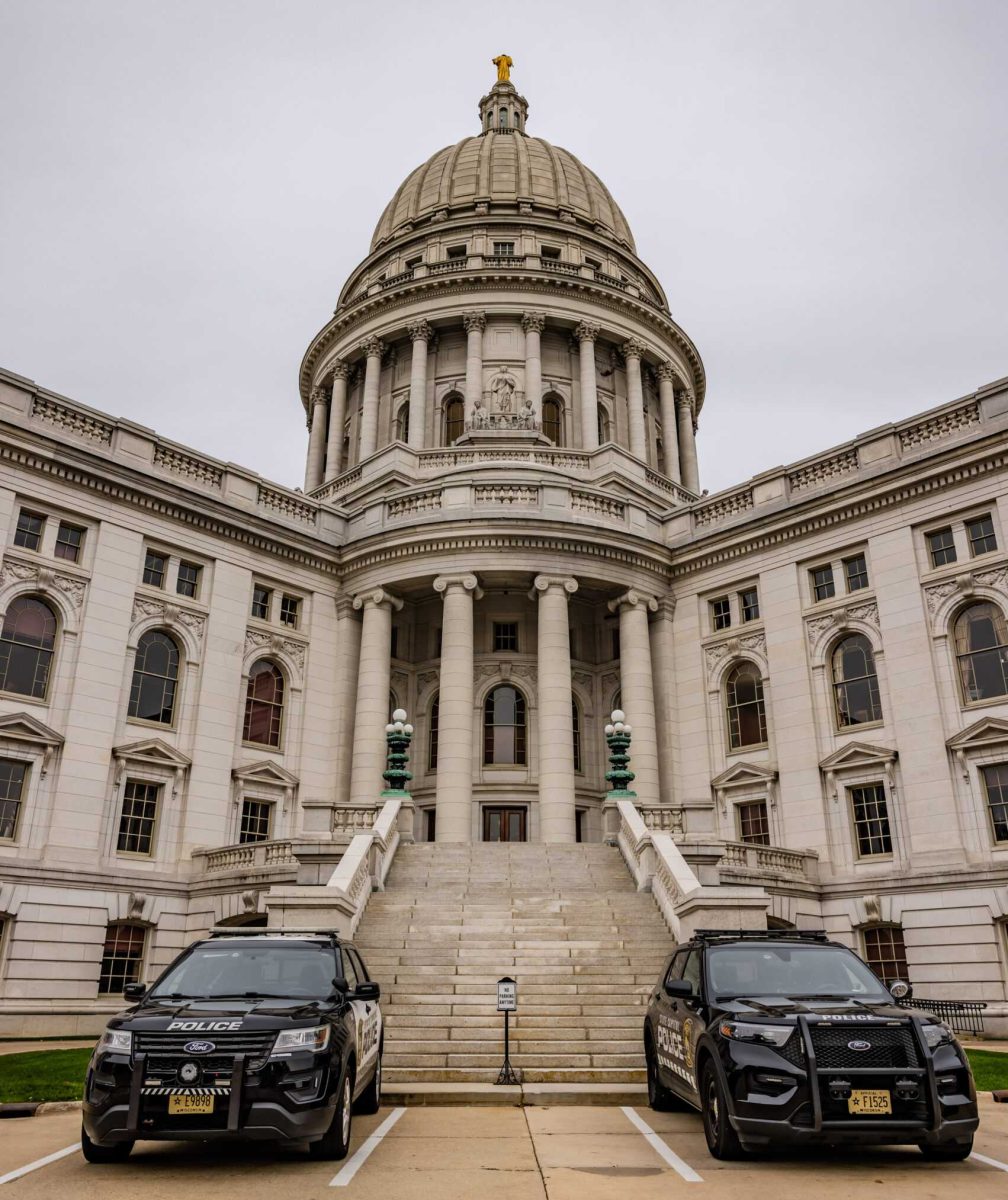Wisconsin’s Department of Health Services, in partnership with HealthPartners, is giving a $750,000 grant to fund a residency program in hopes of lessening Wisconsin’s doctor shortage.
The grant will fund consultants, faculty and the curriculum of a residency program called the Rural Training Track, Shannon Kojasoy, head consultant at HealthPartners and the grant’s author, said. The grant aims to increase doctors in areas of Wisconsin where people have to travel long distances to see primary care physicians. These are primarily the rural parts of the state, Kojasoy said.
“We would have more physicians on the ground with the right skill set to meet the needs of the community,” Kojasoy said.
DHS and HealthPartners have partnered with hospitals in northwest Wisconsin to establish this program. Residents will complete their first year at Methodist Hospital and the next two years at a hospital in Amery, Westfield or Hudson, Kojasoy said.
Cynthia Haq, professor of family medicine and population health services at University of Wisconsin School of Medicine and Public Health, said she is hopeful this program will highlight the doctor shortage in the state and eventually expand to address shortages in inner cities as well. Having worked with the state and federal government, Haq said Milwaukee needs 70 primary care physicians just to meet basic needs.
“The majority of the state is short of doctors and the shortage is expected to continue and actually even worsen in the future,” Haq said.
Haq said medicine is now a team sport especially as doctors are expected to see more and more patients. What a single doctor could do before now must be done through interdisciplinary teams as the complexity of medicine increases, Haq said.
One condition of the grant, however, is that students need to have ties with Wisconsin or have grown up in the state, Kojasoy said. The program will have one resident completing the program every year starting in 2021. Kojasoy said there is no obligation for residents to stay after completion, but it is hoped they will stay and reduce the shortage of doctors in the area.
“Our hope is that we will have at least one new physician staying in rural Wisconsin at the end of each cycle,” Kojasoy said.
Haq said educating students as young as those in middle school is another way to lessen the shortage. There are already programs in place at the UW School of Medicine and Public Health, such as the Wisconsin Academy of Rural Medicine and Training in Urban Medicine and Public Health, specifically designed to attract and train doctors for shortage areas.
These programs, however, are not enough and Haq said she is glad the issue has started to be addressed on a larger scale.
“We need to reach out into schools to help young people realize that being a health professional is exciting, it is fun, it is rewarding, you can make a good living and you can change people’s lives for the better,” Haq said.


















